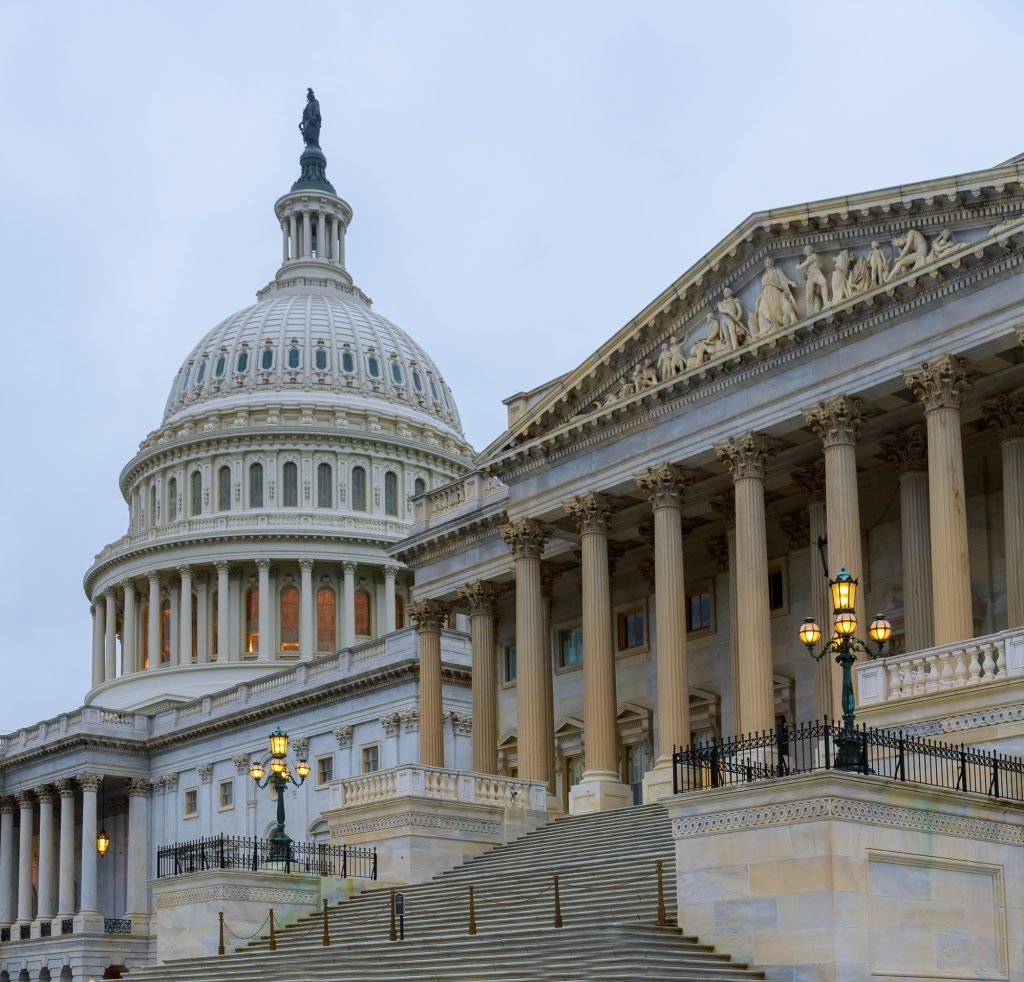Nomination hearing set for Arielle Roth set for March 27, A Deep Dive into Her Background and Potential Impact

Arielle Roth, currently serving as Policy Director for Telecommunications under Senator Ted Cruz, has been nominated by President Donald Trump to lead the National Telecommunications and Information Administration (NTIA). Her extensive experience in federal communications policy positions her to influence the future of U.S. telecommunications infrastructure.
From Manila to Washington: Rethinking Broadband Lease Mandates

A rising policy movement in the Philippines calls for eliminating mandatory lease agreements for broadband connectivity equipment. Advocates argue it would reduce consumer costs and promote digital equity. As U.S. policymakers continue tackling affordability and access challenges, could a similar shift occur in the American broadband landscape?
Challenges to U.S. Infrastructure Competitiveness

As the U.S. races to modernize its infrastructure through historic federal investments, sourcing requirements tied to domestic manufacturing create friction. While designed to support American industry and national security, these policies may inadvertently undermine technological competitiveness, delay project timelines, and limit access to cutting-edge components.
The Strategic Shift to Cloud-Based Infrastructure

As enterprises prioritize agility and cost-efficiency, adoption of cloud-based infrastructure is accelerating. This transformation enables improved system management, seamless scalability, and a foundational layer for digital innovation. However, does the cloud live up to its promise, and what must organizations consider when transitioning?
U.S. Intensifies Efforts to Eliminate Chinese Telecom Equipment from Critical Infrastructure

In a sweeping national security initiative, the United States continues its campaign to remove Chinese telecom companies such as Huawei and ZTE from domestic communications infrastructure. While driven by espionage and supply chain security concerns, the effort also presents significant cost and implementation challenges, particularly for rural network operators.
FCC Musters Its Authorities With New Council to Counter Foreign Threats

The council will draw representatives from eight FCC bureaus and offices to promote cross-agency collaboration and information-sharing.
House Urges Swift Action to Preserve Rural Broadband and Telecom Access

In a unified move to preserve essential rural connectivity, the U.S. House of Representatives has passed a bipartisan resolution calling on Congress to protect rural broadband and telecommunications services. The resolution reflects growing concern over the potential loss of connectivity in underserved areas due to funding shortfalls and policy uncertainty.
